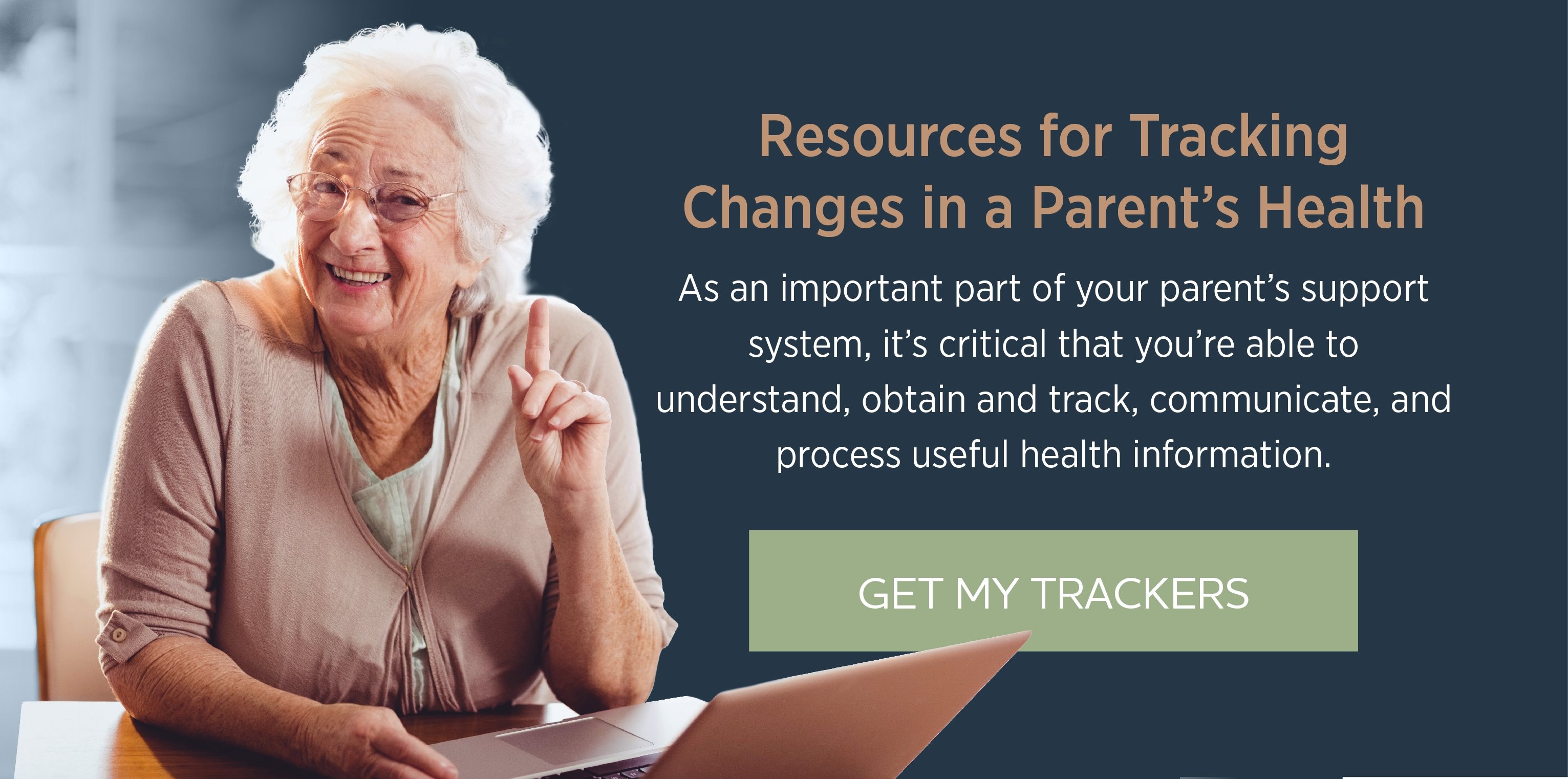
Blood pressure guidelines don’t change that often. They are only changed when new evidence suggests the old ones weren't accurate or relevant anymore.
That happened in 2017 when the American Heart Association, the American College of Cardiology, and nine other health organizations lowered the numbers for the diagnosis of hypertension (high blood pressure).
If you already have high blood pressure, the new guidelines won’t affect you. However, now around 75% of men over 55 now have high blood pressure with the new guidelines. Some of them did not have high blood pressure before this change.
The new guidelines state that high blood pressure is anything above 130/80 millimeters of mercury (mm HG). The previous guidelines set the threshold at 150/80 mm Hg for those ages 65 and older.
May is High Blood Pressure Education Month. This has increased importance as we face the pandemic. Developing information indicates that people with hypertension and coronary heart disease are at higher risk for developing severe illness and symptoms of COVID-19. About 75% of those with high blood pressure do not have it controlled.
Are you caring for an older person that’s at risk of hypertension? Does your parent take medication to lower blood pressure? Here’s what you need to know about high blood pressure.
What Causes High Blood Pressure?
Your blood pressure will naturally rise as you age. There are many other factors that play a role in developing high blood pressure: gender, family history, race, medical problems, medication. A single specific cause is not known.
Several lifestyle factors can raise blood pressure as well. These include:
- Eating too much salt
- Drinking too much alcohol
- Not consuming enough potassium
- Not doing enough physical activity
- Taking certain medicines
- Exposure to long-term stress
- Smoking
What Are the Signs and Symptoms of Hypertension?
Hypertension is generally considered a silent killer because most people with high blood pressure do not have any symptoms. It may take many years for the condition to become severe and for symptoms to appear. That’s why regularly checking blood pressure levels is critical.
Symptoms of severe hypertension include:
- Severe headaches
- Nosebleeds
- Nervousness
- Sweating
- Fatigue or confusion
- Irregular heartbeat
- Facial flushing
- Dizziness
- Vision problems
- Chest pain
- Shortness of breath
- Sleeping problems
- Blood in the urine
- Black spots in eyes
- Pounding in chest, neck, or ears
What Happens If Hypertension Goes Untreated?
Higher uncontrolled blood pressure can cause great damage. It can lead to heart failure, aneurysms, kidney failure, heart attack, stroke, amputation of part of the leg, vision changes, and blindness.
How Can You Check Blood Pressure at Home?
People can have high blood pressure for years without knowing it. That’s why the new guidelines recommend that you get a system to test your loved one at home and that you measure their blood pressure a couple of times weekly and see the doctor if you notice any dramatic changes.
Here are some tips for ensuring your loved ones receive accurate readings:
- Do not let them drink coffee or smoke cigarettes 30 minutes before measurements are taken.
- Remind them to wear short sleeves.
- Encourage them to use the restroom beforehand.
- Allow them to sit and rest for 5 minutes before the test.
If your loved one’s blood pressure has been high, their doctor may want to see them more often. Ask their doctor what the target numbers should be, and how often your loved one should get checked. If your loved one has hypertension or is at risk of hypertension, checking their blood pressure at home can help you and their doctor make decisions about treatment, such as adjusting dosage, changing medication, or increasing or decreasing activity levels.
How Can You Manage Blood Pressure?
Your loved one can often lower their blood pressure by changing their day-to-day habits and by taking medication if needed. Lifestyle changes they can make to help prevent and lower high blood pressure include:
- Aiming for a healthy weight
- Exercising
- Eating a heart-healthy diet
- Cutting down on salt
- Drinking less alcohol
- Quitting smoking
- Getting a good night’s sleep
- Managing stress
The best way to protect your parent’s heart is to inspire and empower them to maintain their own heart health.
Health Information Trackers
We’ve created a library of Health Information Trackers — including a Blood Pressure Tracker — intended to help you keep track of important information that will ensure your loved one gets the medical care they need. Use this Blood Pressure Tracker to help track their daily heart rate as well as systolic and diastolic numbers.






